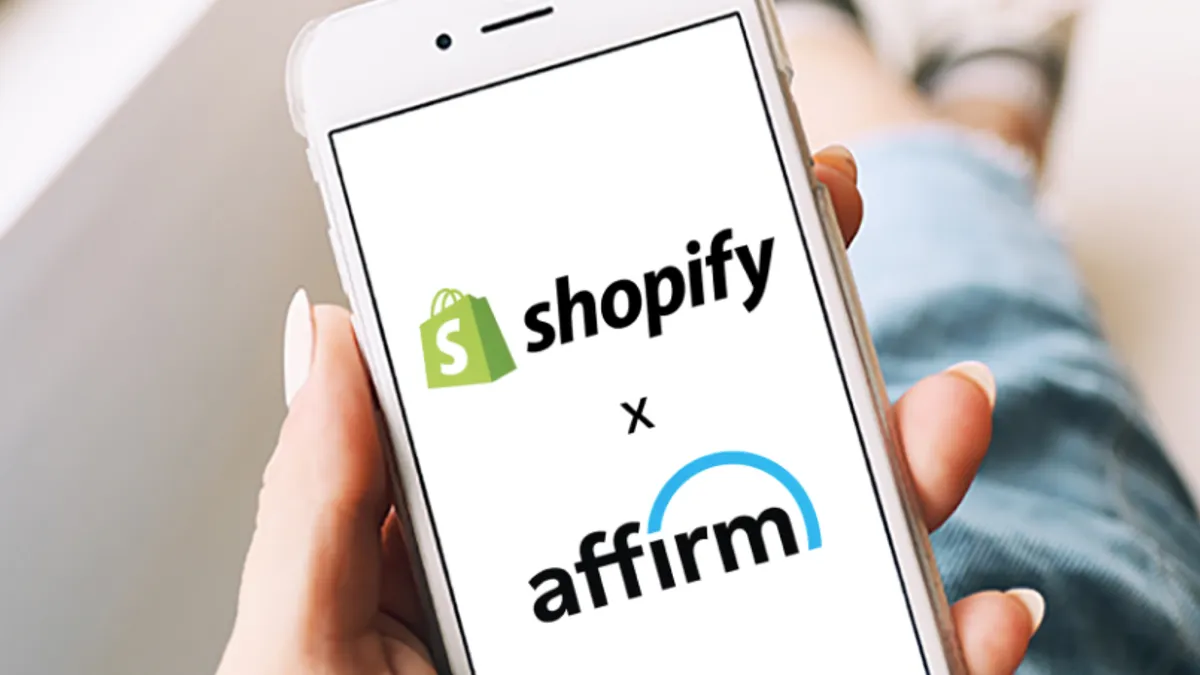Dive Brief:
-
Affirm, the payments platform that gives customers small loans to purchase items in installments, went public on Wednesday, a week after the insurrection at the Capitol that has spurred many platforms to distance themselves from rioters and inciters of violence.
-
"We believe what happened, what you saw in Washington, D.C. last week was reprehensible," Affirm's CFO Michael Linford told Yahoo Finance Live on Wednesday. "We condemn any attempt to overturn a fair and free election."
-
As of Thursday afternoon, shares of Affirm have jumped 160%, suggesting a growing prominence of the buy-now, pay-later payments model. But the startup's performance comes in the shadow of many tech platforms attempting to distance themselves from alt-right, extremist, or hate groups.
Dive Insight:
Dozens of tech giants have distanced themselves from alt-right and hate groups this week, including Facebook and Twitter, which have removed President Trump's accounts, citing user agreement violations such as disinformation and incitement of violence. PayPal and Stripe, two of the biggest companies in the payments space, have removed their services from transactions by Trump's campaign and supporters following the insurrection, citing their user policies prohibiting "high-risk behavior," CNBC reported Wednesday.
"We are a platform, which means we're open," Linford said. "As much as we have a very strong moral view of how we run the business, we have to run it as a platform; we won't do business with any partner not aligned with our values."
The San Francisco-based fintech's disavowal of anti-democractic rhetoric flows from the company's stated ethos.
It was founded in 2012 to be "the first payment platform with a moral backbone," it wrote in its S-1 filing, published in November. It doesn't charge late fees, and its loans come without compounding interest.
In the quarter ending September 30, while the company's revenue grew 98% year-over-year, it suffered a net loss of $15.3 million, according to its S-1. It remains unprofitable.
"We're really focused on expanding the scale of our networks," Linford said. "More merchants, more consumers, more volume transacted. The company has strong economics, and as we continue to scale, we think shareholders will be rewarded."
Affirm, which draws 30% of its total revenue from Peloton, isn't focused on maximizing short term profits, Linford said. But even if it were, it feels its "mission takes precedence."
Affording the business a moral character, Linford said it will not profit off of consumers' misfortunes or mistakes. "We're out to build an honest product," he said.
Representatives for Affirm and for Linford did not immediately reply to requests for comment.














